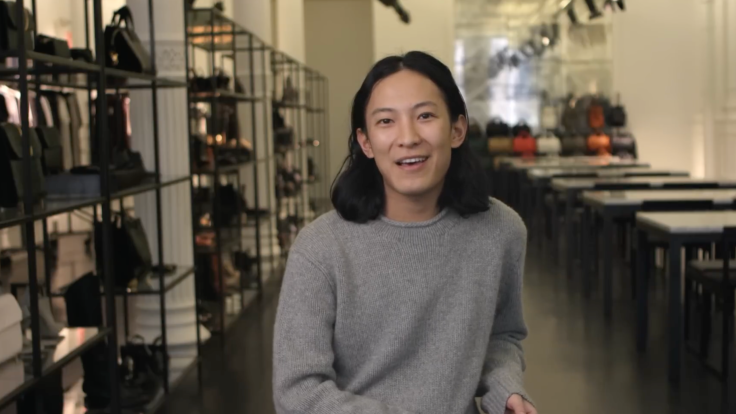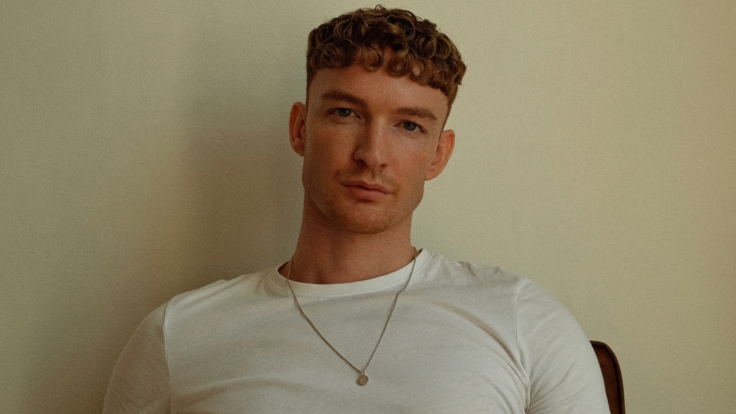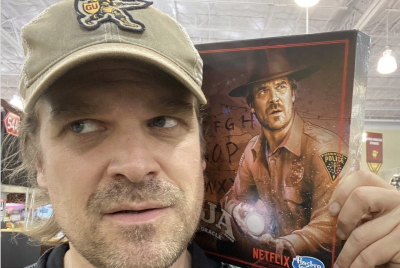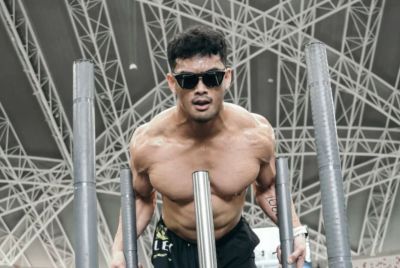Alexander Wang Resurfaces After Claims He Drugged and Groped Models: Who Were His Victims and Where Are They Now?
The designer's high-profile comeback has reopened difficult questions about accountability

Alexander Wang has returned to the New York Fashion Week calendar, prompting fresh scrutiny of allegations that once derailed his public life.
The designer, whose name has been synonymous with downtown cool for two decades, is staging a high-profile show as his brand marks its 20th anniversary, even as memories of accusations that he groped and allegedly drugged models remain vivid for many in the industry.
Wang's decision to re-enter the NYFW spotlight has reignited debate about accountability, celebrity influence and the experience of those who came forward.
A Comeback on the Calendar — and Renewed Questions
Wang's Spring 2026 presentation, billed as a major New York Fashion Week event, is his most public return since the accusations first circulated in late 2020 and the ensuing months of press and social media attention. The optics of his comeback: a designer once widely celebrated by celebrities and editors, raises immediate questions about whether reputational damage can ever be fully repaired.
Behind the headlines lie the claims themselves: multiple people alleged on social platforms and in interviews that they were groped, exposed, or had their drinks tampered with at parties and clubs around 2017–2019. The initial wave of allegations was amplified by fashion-watch accounts and later reported by mainstream outlets.
The Accusations and the Accusers
Several named individuals spoke publicly in 2020–2021, while others remained anonymous. Among the best-documented are British model Owen Mooney, stylist and archivist David Casavant, Parsons student Keaton Bullen, and DJ/trans model Gia Garrison, each of whom described different incidents spanning nightclub encounters to alleged unwanted touching.
Mooney, whose TikTok and subsequent press statements were pivotal in breaking the story into wider circulation, said he was groped by Wang in a crowded club and urged the industry to 'hold [accusers] accountable'. Casavant told reporters he had been humiliated when his clothing was pulled down in a club; Bullen recounted an incident from 2019 in an interview with the BBC; and Garrison described being exposed at a party in 2017. These accounts, reported by reputable outlets at the time, supplied a pattern of similar allegations.

Wang initially denied the most serious claims as 'baseless' but in March 2021 posted a statement saying he 'regret[s] acting in a way that caused them pain' and later met with a group of accusers, a development Lisa Bloom, who represented several of those who came forward, said acknowledged the apology and signalled they were 'moving forward'. That sequence of denial, apology, and private talks has not satisfied everyone and remains deeply contested in public debate.
We have met with Alexander Wang and his team. My clients had the opportunity to speak their truth to him and expressed their pain and hurt.
— Lisa Bloom (@LisaBloom) March 9, 2021
We acknowledge Mr. Wang’s apology and we are moving forward.
We have no further comment on this matter.
Aftermath: Where the Survivors and the Industry are Now
The people who went public have since taken different paths. Casavant remains an influential figure in fashion as a collector and stylist, operating the David Casavant Archive and continuing to work on editorial and curatorial projects, a public professional presence that is well documented online.

Mooney continues to work in creative fields; he retains modelling profiles and social media activity that indicate he remains available for creative work while also speaking about the impact of his experience on his trust in the industry.
For Bullen and Garrison, public coverage has been more limited since their initial statements; both made their accounts in 2021 during media reporting and, like several others, have largely stepped away from the spotlight or maintained lower public profiles. Several accusers chose to remain anonymous, and many survivors and advocates emphasise that privacy and safety are paramount to recovery. Where up-to-date, independently verifiable details were scarce, we have reported only what those individuals themselves told reputable outlets.
A Fragile Reconciliation
For those who accused Wang, the past five years have not offered a neat resolution. Public apologies and private meetings do not erase lasting trauma, and the question of formal legal recourse remained complex as some accusers were represented by counsel, yet there were no widely reported criminal convictions stemming from these claims. The industry's willingness to welcome Wang back, in the view of many survivors and campaigners, underscores how power, celebrity and commerce can shape accountability.
Alexander Wang's revival of a public stage forces an uncomfortable question: can an industry that once celebrated his parties also be trusted to protect the most vulnerable people who work within it?
© Copyright IBTimes 2025. All rights reserved.





















